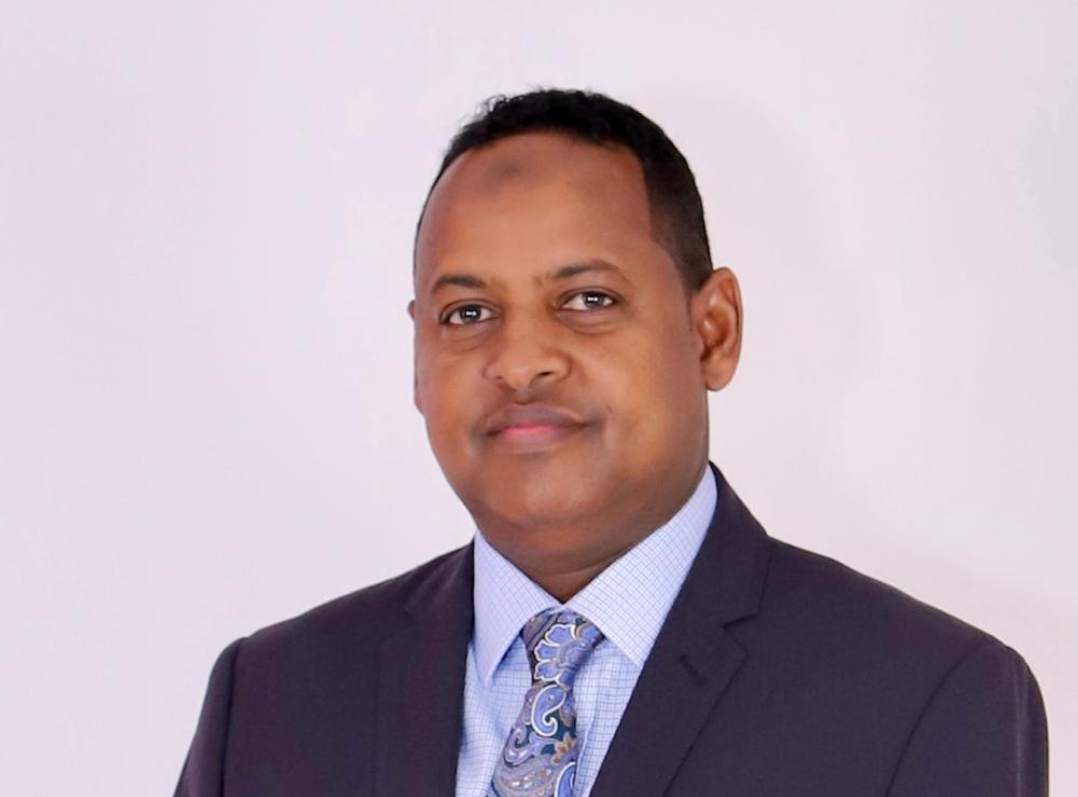
 Deputy Speaker, Garissa County Assembly and MCA-Iftin Ward Hon Mustafa Abdirashid/HANDOUT
Deputy Speaker, Garissa County Assembly and MCA-Iftin Ward Hon Mustafa Abdirashid/HANDOUT
In the arid counties of Northern Kenya, elections are not contests of ideas, they are auctions.
The cost of a vote, once a symbol of civic power, has been reduced to a transaction.
A bag of maize. A wad of notes. A briefcase dropped at dawn.
What was meant to be the highest expression of democracy has become the lowest form of economic survival.
Commercialised politics is no longer an isolated vice; it is a system. And like all systems, it has structure, beneficiaries, and victims.
The tragedy is that in the North, where development indicators lag behind national averages, this system has not only captured democracy, it has crippled it.
HOW DID WE GET HERE?
Poverty is the perfect breeding ground for vote-buying.
In regions where jobs are scarce, relief food is seasonal, and public services are unreliable, elections become feeding seasons not just for the politicians, but for the people as well.
Candidates no longer have to explain their policies; they only need to outspend their opponents.
This shift didn’t happen overnight. It is the product of years of disillusionment with leaders who promised change and delivered silence.
Communities now vote with their stomachs, not their hopes. When every previous election left nothing but dust and broken promises, the electorate adjusted demanding cash up front before giving away the only power they have.
THE VOTER AS VICTIM AND ACCOMPLICE
In this economy of politics, the voter is both victim and accomplice.
They are exploited by candidates who weaponise poverty, but they also perpetuate the system when they normalize the trade. Civic education is rare.
Political literacy is thinner than the ballot paper itself. And those who try to campaign on values are seen as naive or worse, outsiders.
There is a Somali proverb that says: “A hungry man listens with his stomach.” In the context of Northern Kenya, this couldn’t be truer. Where a day’s meal is uncertain, the idea of waiting five years for “policy change” sounds like mockery. So votes are sold, not as acts of betrayal, but of necessity.
WHAT THIS MEANS FOR LEADERSHIP
When money becomes the primary qualification for office, leadership is no longer about capacity it’s about capital.
Talented, committed, and visionary candidates are pushed to the margins because they cannot afford to play the game.
The ballot becomes a playground for the rich many of whom seek office not to serve, but to recoup investments.
This cycle creates a leadership class that is more interested in survival than service.
Elected officials become tenderpreneurs, not statesmen. They spend their first years recovering campaign costs, and the next few building networks for reelection.
Meanwhile, roads remain dusty, hospitals remain shut, schools go without teachers and water provision becomes a pipe dream.
DEMOCRACY ON SALE, DEVELOPMENT ON HOLD
The ultimate casualty of commercialised politics is not just democracy, it is development. A leader who buys votes does not feel accountable to the people.
He does not return to explain budgets. He does not feel pressured to deliver. The vote was not a contract of trust it was a receipt.
This breeds voter apathy. Each cycle feels like déjà vu. Turnout drops. Youth disengage. Civic spaces shrink. Democracy becomes performance not practice.
WHAT MUST BE DONE
This culture will not change overnight, but it must begin somewhere. Here are a few ideas:
1. Civic Education Must Be Localised
National voter education campaigns are too generic.
We need community-based dialogues that unpack the value of the vote, especially in marginalised regions.
2. Campaign Finance Reform
IEBC must not only monitor party finances but also enforce strict ceilings on campaign spending including clear penalties for vote buying.
3.Support Value-Driven Candidates
Civil society, religious leaders, and local influencers must actively champion candidates with integrity, even if they lack resources.
4.Promote Youth Leadership
The youth must not just vote they must run. Leadership programs tailored for marginalized counties could empower a new class of leaders not beholden to moneyed politics.
THE PRICE WE PAY
If we continue to auction leadership to the highest bidder, we must be ready to live with their lowest standards.
The cost of a vote today is a bribe but tomorrow, it becomes a failed project, a stolen bursary, a clinic without medicine.
Democracy in the North can still be redeemed but only if we stop selling the future for the price of a meal.
The writer is the MCA for Iftin ward and Deputy Speaker Garissa County Aasembly. A columnist and a playwright.









![[PHOTOS] Guardian Angel bus catches fire in Kikuyu](/_next/image?url=https%3A%2F%2Fcdn.radioafrica.digital%2Fimage%2F2025%2F04%2F58287f0a-f201-4a78-87f0-6f147ad8ba8a.jpg&w=3840&q=100)



